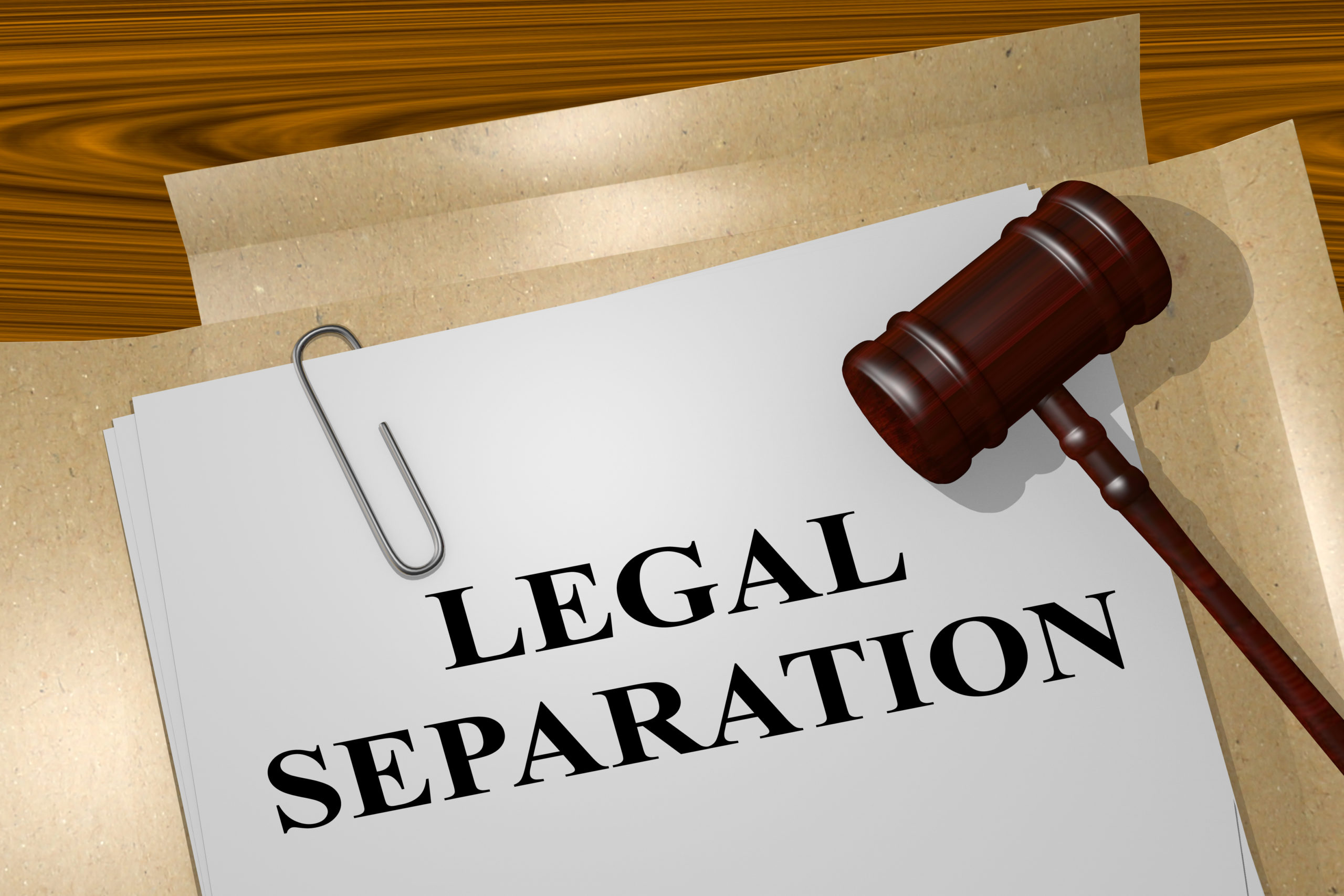If a divorce and a legal separation are so similar, why do some people file for a legal separation? The three most common reasons people file for a legal separation instead of a divorce are the following:
- Can’t meet six month residency requirement for divorce: The most common reason people file for a legal separation is because of residency requirements. In order to file a divorce petition, at least one of the parties must meet the requirement of being a resident of California for at least the past six months. The six month residency requirement does not apply to a petition for legal separation. A couple that recently moved to California and is unable to meet the six month residency requirement can file a petition for a legal separation to get the process started and, after they have met the six month residency requirement, amend the legal separation petition to request a divorce.
- Legal separation to preserve health insurance coverage: Another reason a person may decide to file a petition for a legal separation rather than a divorce petition has to do with health insurance. Oftentimes, one spouse has their health insurance through the other spouse’s employment. For example, John is employed and Mary is a stay-at-home mom. Mary has her health insurance through John’s employer because she is his wife. When a divorce judgment terminates the marital status, Mary is no longer John’s wife and she loses her health insurance. Sometimes, not very often, an employer’s health insurance plan will not terminate the health insurance if the parties obtain a judgment of legal separation rather than a judgment of divorce. With a judgment of legal separation, Mary is still John’s wife. The vast majority of employer sponsored health insurance plans treat a judgment of legal separation the same as a judgment of divorce and terminate the health insurance for the non-employee spouse. However, if you are dealing with a health plan that allows a spouse to continue to be covered if the parties obtain only a judgment of legal separation, then you may want to file a petition for legal separation instead of a divorce petition. If continuing health insurance coverage for the non-employee spouse is one of your goals, there is another way to do this without filing for a legal separation. You can accomplish the same goal with a judgment of divorce that does not specify a fixed date for termination of the parties’ marital status. For more information, see the detailed discussion included in the “Judgment Video Guide” that you can find in the “Judgment of Dissolution” section of this website.
- Legal separation due to religious beliefs: A third reason some people file for a legal separation rather than divorce is related to religious beliefs. Some people believe that if you get married, you are married for life in the eyes of God. You may be married for life, but you can’t stand living with your spouse. You want to live apart and you have no intention of ever marrying someone else. If you are going to live apart, you will need child custody orders, support orders, and orders dividing your property. A judgment of legal separation can do all of these things, but will not terminate your marital status.
- Hope to reconcile marriage: Some people file a legal separation petition rather than a divorce petition because they think they may reconcile and they have the notion that a legal separation petition is somehow less permanent than a divorce petition. This should not be a consideration. If you file a divorce petition, but later both you and your spouse decide to reconcile, then it is easy to dismiss the entire divorce process by filing a single form with the court known as a Request For Dismissal (Form CIV-110). You can find this form in our Court Forms Database. You can dismiss the divorce at any time before there is a divorce judgment terminating your marital status. If you file a petition for divorce and your spouse has made an “appearance” in the action (i.e., filed papers with the court clerk), then your spouse will also need to sign the Request For Dismissal.
If you obtain a judgment of legal separation rather than a divorce, you are still married to your spouse. You cannot remarry. If you obtain judgment of legal separation and later decide you want to marry someone else, you will have to file a new court proceeding in order to dissolve your marital status. You will have to file a divorce petition and pay the court clerk a filing fee. The only issue in the subsequent divorce action will be the termination of your marital status. You won’t have to re-litigate custody, support or property issues.


